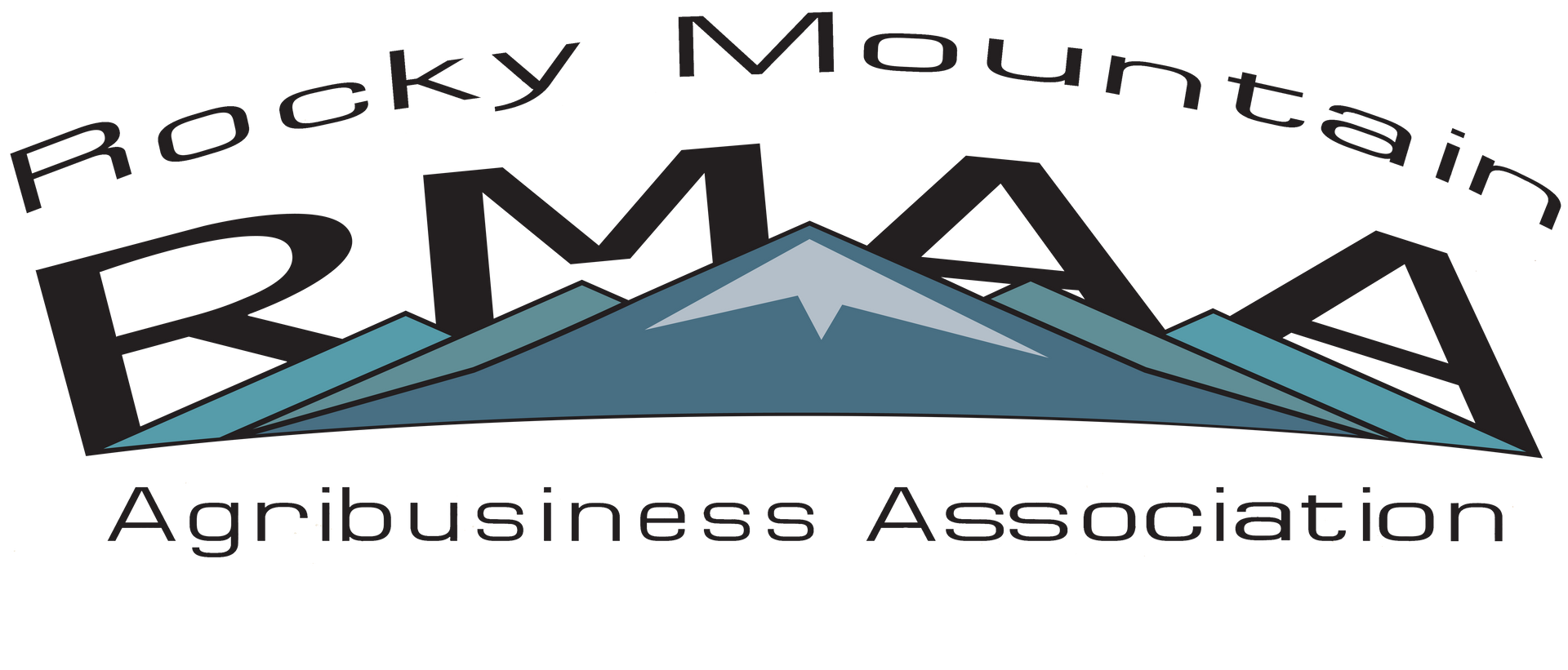Advocacy
Meet Rocky Mountain Agribusiness Association's Legislative Team
Bowditch & Cassell Public Affairs offers extensive experience and valuable relationships in Colorado state legislative affairs. Our lobbyists are at the Capitol all day, every day the legislature is in session, continuing to build sound partnerships and extensive knowledge of the legislative process. We take great pride in our integrity, accountability, and professionalism in representing our clients. We enjoy an excellent reputation at the Capitol with legislators, fellow lobbyists, the executive branch, and legislative staff because of our honesty, integrity, strong work ethic, and professionalism.
Bowditch & Cassell Public Affairs is a full-service government relations firm located in Denver, Colorado. We provide professional government relations in a variety of areas including education, housing, human services, local government, agriculture, economic development, insurance, and more. We offer a wide range of services to our clients including:
- Lobbying
- Ballot Initiatives
- Strategic Planning
- Coalition Building
- Regulatory agency relations
- Monitoring & reporting
- Statutory research & drafting
- PAC organization & research

Meet our Representative
Jennifer is a partner with the government relations firm Bowditch & Cassell Public Affairs (BCPA) where she advocates on behalf of economic development, insurance, education, local government, and agriculture interests to the Colorado General Assembly. Jennifer co-founded BCPA after working as a lobbyist for Tomlinson & Associates, and as the legislative liaison for Governor Hickenlooper’s Office of Economic Development and International Trade. She was also part of the Governor’s Legislative Policy staff.
Jennifer has worked as a legislative aide, campaign manager, and research associate in Washington D.C., Colorado, and Kansas. In addition, Jennifer is an adjunct faculty member at Colorado Mountain College and teaches courses in political science, American government, and international relations.
Jennifer was born and raised in Wichita, Kansas, and holds Bachelor of Arts degrees in Political Science and International Studies from the University of Kansas, and a Master of Arts degree in International Studies from the University of Denver. Jennifer is an avid golfer, skier, and KU and IU basketball fan.
